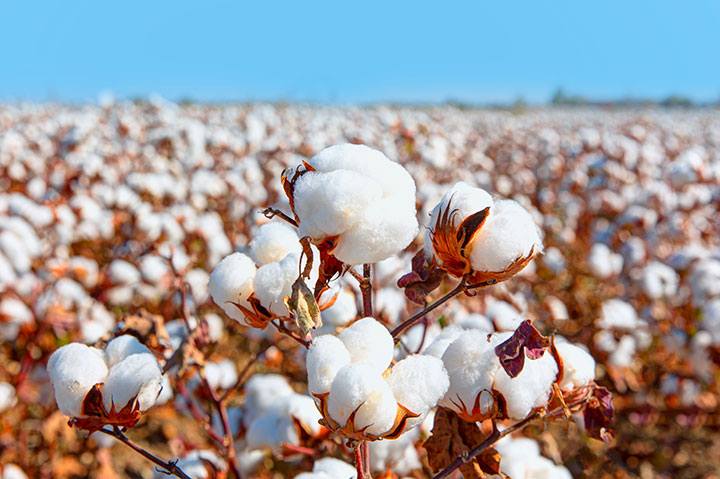

The organic cotton market is experiencing significant growth globally, driven by the increasing demand for environmentally friendly fiber production [2ee15564]. Organic cotton is grown without the use of pesticides or chemicals, resulting in a lower environmental impact compared to conventional cotton. However, recent reports have raised concerns about the environmental impact and ethical practices associated with the cotton industry.
A report by Earthsight, an investigative nonprofit, has linked fast-fashion brands H&M and Zara to 'dirty Brazilian cotton' that has been certified as ethical by Better Cotton [f12db345]. The cotton is grown by SLC Agrícola and the Horita Group in the Bahia state, which has experienced heavy deforestation. Traditional communities in Bahia had their land stolen from them by agribusinesses. The tainted clothing was traced to clothing manufacturers in China, Vietnam, Indonesia, Turkey, Bangladesh, and Pakistan, which supplied finished cotton goods to Zara and H&M. H&M has asked Better Cotton to conduct a third-party investigation, while Zara is taking the allegations seriously [f12db345].
Better Cotton, the world's largest sustainability initiative for cotton, works with partners to promote sustainable cotton farming. If evidence is found that farms don't comply with its standards, their licenses will be suspended or revoked [f12db345].
The organic cotton market, which was previously seen as a more sustainable alternative to conventional cotton, is now facing scrutiny due to the potential environmental and ethical issues associated with the cotton industry. The demand for organic cotton is driven by consumers who are increasingly concerned about the environmental impact of their clothing choices. However, it is important to consider the entire supply chain and ensure that the cotton used in organic products is sourced responsibly [2ee15564] [f12db345].
Key players in the organic cotton market, such as Louis Dreyfus Company, Cargill, Olam International, and Noble Group, should take these concerns into account and work towards ensuring that their supply chains are transparent and sustainable. Additionally, governments and regulatory bodies should implement stricter regulations and monitoring systems to prevent deforestation and human rights violations in the cotton industry [f12db345].
The organic cotton market is analyzed at the country level, including the United States, Canada, Mexico, Brazil, and others. The report provides factors analysis, competitive landscape, and company profiles [2ee15564].